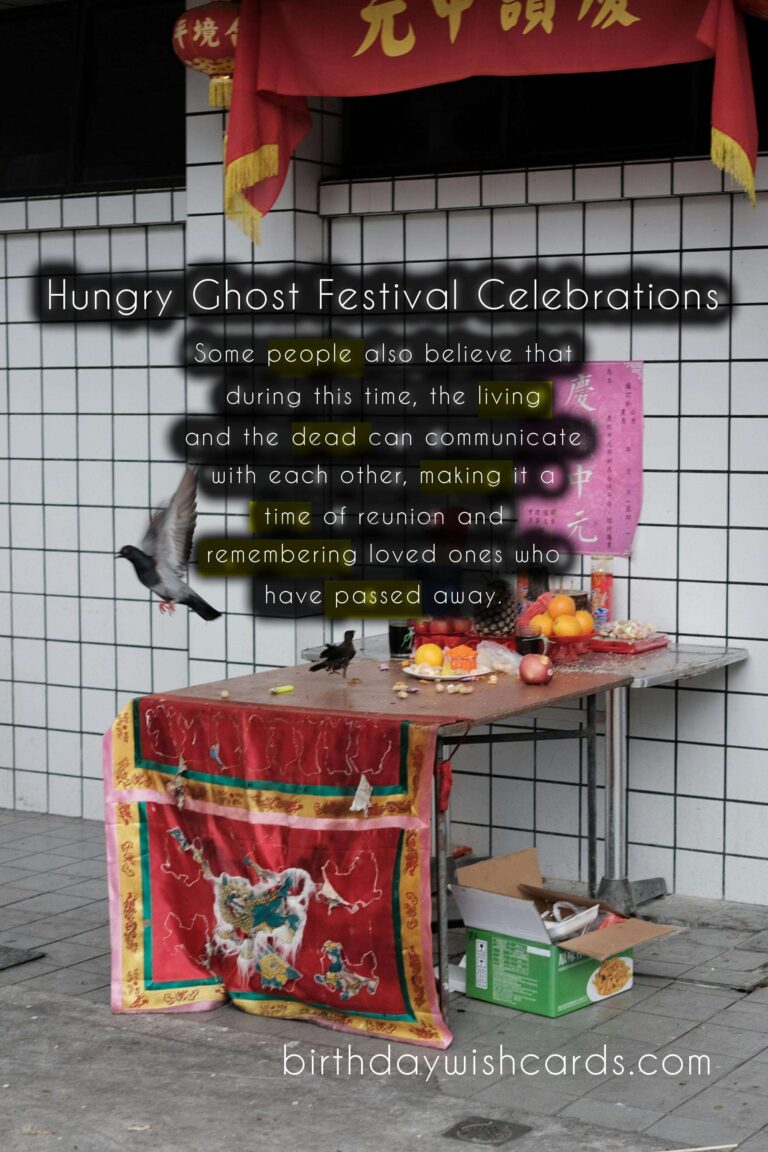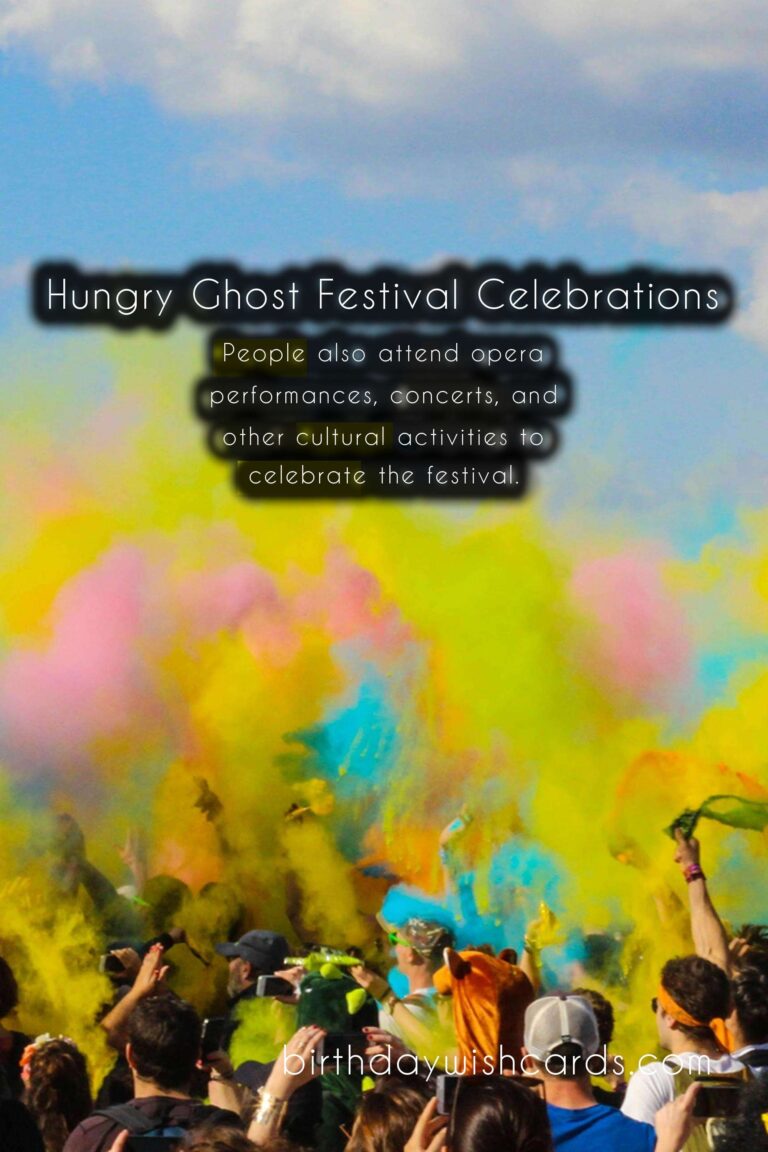
Ancient Origins of the Hungry Ghost Festival
According to Chinese mythology, the origins of the Hungry Ghost Festival date back to 2,500 years ago, during the reign of Emperor Taizong of Tang Dynasty. The story goes that a Buddhist monk, Maudgalyayana, used his supernatural powers to see the realms of Hell and discovered that his deceased mother was suffering as a hungry ghost. The monk approached Buddha for help, and Buddha advised him to make offerings to the monks during the seventh month to release his mother from Hell. Today, the Hungry Ghost Festival is celebrated by Chinese communities all over the world. It is an important part of Chinese culture and is deeply rooted in traditional beliefs and practices. Families honor their ancestors by worshipping and making offerings to them during this festival. The Hungry Ghost Festival is also a time to perform good deeds and show compassion to the wandering spirits. There are various customs and traditions associated with the festival, such as burning joss paper and offering food and drinks. The joss paper, also known as spirit money, is believed to provide wealth and comfort to the spirits in the afterlife. Offerings of food and drinks are made to the ancestors and spirits as a sign of respect and to seek their blessings. People also attend opera performances, concerts, and other cultural activities to celebrate the festival. In Singapore, there is a tradition of holding street auctions to raise funds for charitable organizations during the Hungry Ghost Festival. The festival is a colorful and lively affair, with street decorations, parades, and lanterns lighting up the night sky. Some people also believe that during this time, the living and the dead can communicate with each other, making it a time of reunion and remembering loved ones who have passed away.

